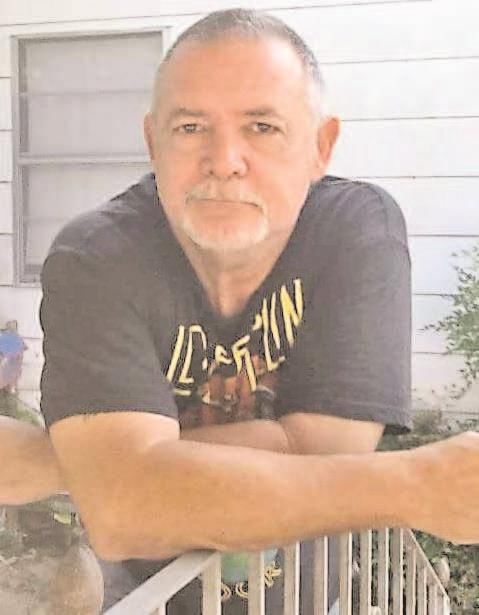Contractor course registration closing on Friday
September 22, 2016
Terrebonne remembered for leading the true Cajun lifestyle
September 27, 2016Many of my readers share my enthusiasm for profound quotations from the great minds of the past. Occasionally, I would like to share some of their wisdom. They often say deep things so well.
The great theologian Thomas Aquinas (1225-1274) once said, “Grant me, O Lord my God, a mind to know you, a heart to seek you, wisdom to find you, conduct pleasing to you, faithful perseverance in waiting for you, and a hope of finally embracing you.”
St. Anthony Mary Claret (1807-1870), founder of the religious order known as the Claretians, said that we can achieve holiness wherever we find ourselves. “Our Lord has created persons for all states in life, and in all of them we see people who achieved sanctity by fulfilling their obligations well.”
St. Basil the Great (330-379) speaks about sharing our goods with those less fortunate, “The bread you store up belongs to the hungry; the cloak that lies in your chest belongs to the naked; the gold you have hidden in the ground belongs to the poor.”
Henri Nouwen (1932-1996) talks about our need to be well grounded in the spiritual life. “Trees that grow tall have deep roots. Great height without great depth is dangerous. The great leaders of this world — like St. Francis, Gandhi, and Martin Luther King, Jr., — were all people who could live with public notoriety, influence, and power in a humble way because of their deep spiritual rootedness. Without deep roots we easily let others determine who we are. But as we cling to our popularity, we may lose our true sense of self. Our clinging to the opinion of others reveals how superficial we are. We have little to stand on. We have to be kept alive by adulation and praise. Those who are deeply rooted in the love of God can enjoy human praise without being attached to it.”
Mother Teresa of Calcutta (1910-1997) says, “We must cultivate that sacred silence that makes people remember the words of Jesus: See how they love one another. How often we find ourselves speaking of the faults of another. How often our conversation is about someone who is not present. Yet see the compassion of Christ toward Judas, the man who received so much love yet betrayed his own master. Yet the master kept the sacred silence and did not betray Judas. Jesus could have easily spoken in public, as we often do, telling the hidden intentions and deeds of Judas to others. But he didn’t. Instead, he showed mercy and charity. Rather than condemning Judas, he called him his friend.”
St. Francis of Assisi reminds us of our duties as Christians, “We have been called to heal wounds, to unite what has fallen apart, and to bring home those who have lost their way.”
The French priest, St. John Vianney (1786-1869) talks about our hunger for God, “The soul hungers for God and nothing but God can satisfy it. Therefore Jesus came to dwell on earth and assumed a body so that this body might become the Food of our souls.”
Italian educator and writer, John Bosco (1815-1888) gives us practical advice, “Put up willingly with the faults of others if you wish others to put up with yours.”
St. Ambrose (340-397), bishop of Milan, said, “Christ himself is our mouth through which we speak to the Father, our eye through which we see the Father, our right hand through which we offer to the Father. Without His intercession neither we nor all the saints have anything with God.”
Peru’s Martin de Porres (1579-1639) tells us, “Everything, even sweeping, scraping vegetables, weeding a garden and waiting on the sick could be a prayer, if we offered it to God.”







